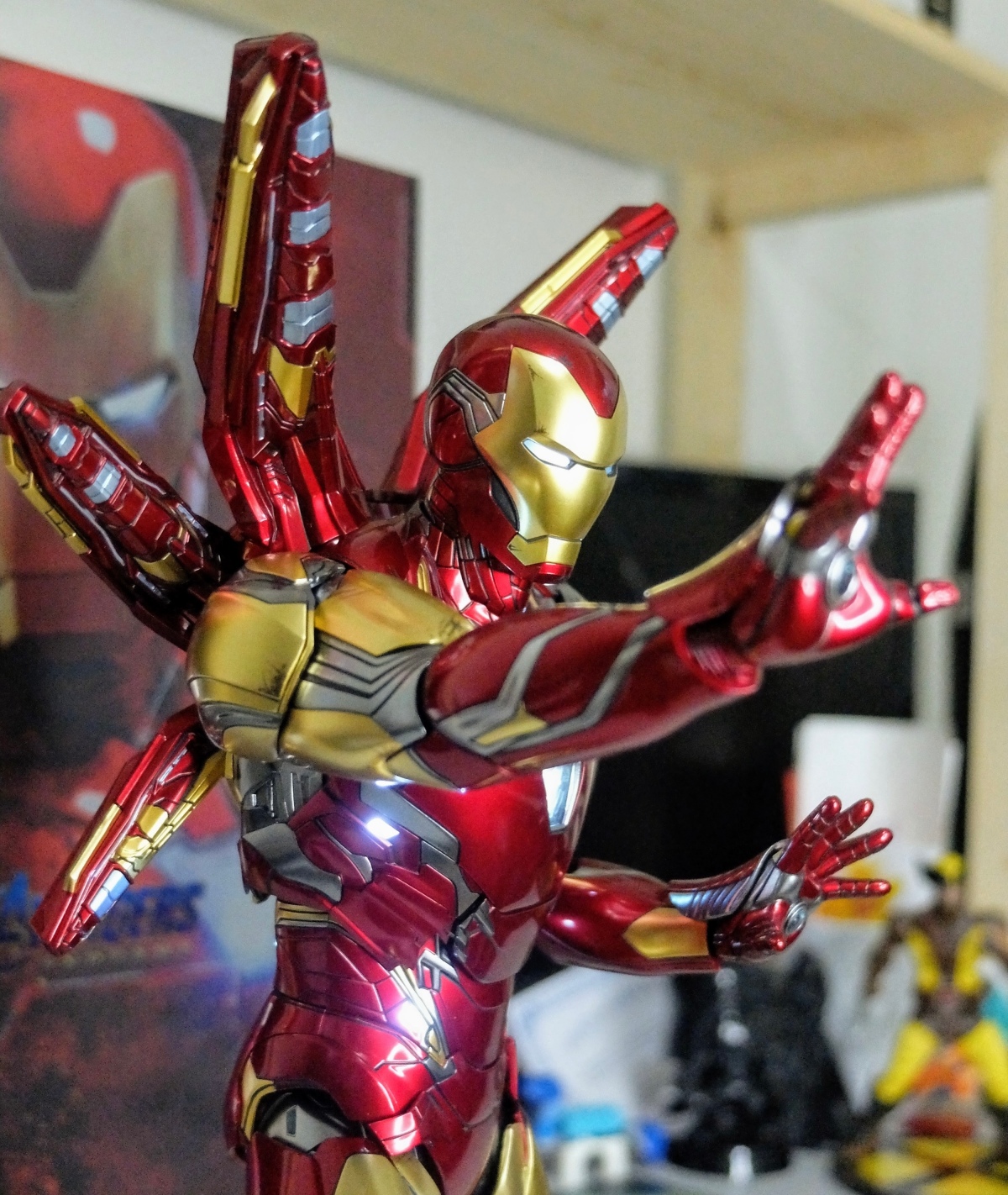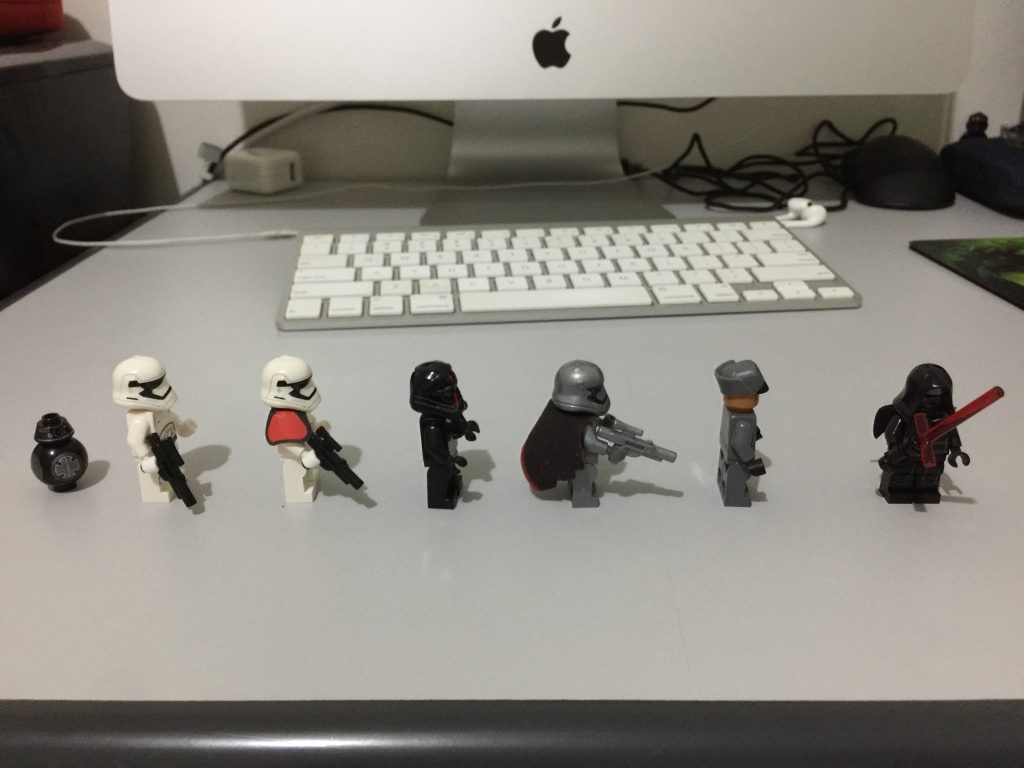I love Iron Man in the MCU! His armors are awesome and his character development is superb. He started out as an egotistic and self-centered billionaire/playboy and became a hero who sacrificed his life to save the universe from Thanos. 🤩 As an Agile Coach, Tony Stark’s continuous improvement and evolution deeply resonates with me. You can see that with every new armor version, Iron Man becomes better, based on what he has learned and experienced. If that doesn’t scream kaizen, I don’t know what will!
The world may have seemed to stop during this Covid-19 pandemic with everyone staying at home and streets being empty, but continuous improvement and learning did not. And rightfully so. I think it became even more important, so we can evolve and adapt. In this post, I want to share key learnings I valued during this time of the pandemic.
Focus
Agile and Lean puts emphasis in the value of focusing on the most important thing to work on for the product. Stephen Covey defined the habit of putting first things first as one of the 7 habits of highly effective people. This is one of the values that helped me adjust to the effects of the pandemic. It was easy to feel overwhelmed, and countless of times I had to stop, take a deep breath, and focus. The guiding principle is to do the most important tasks first and accept that you will let go of other activities. You will not be able to do everything you want, but you ensure you are able to do what is important at any given time. When you feel you are veering away from your target, you stop, be still, and then refocus.
Part of being focused is knowing not to take on too many tasks, responsibilities, or activities. It is ok to say “no”, and there are a lot of good, respectful, and kind ways to say it. One key thing is you don’t want to be defensive about it, just be open and say what you have on your plate and what is important to you. Trust that people will understand, especially your family, friends, and even your bosses and colleagues at work. They know you and have trust in you too.
You Work with Humans
Even though Tony Stark comes off as being arrogant and narcissistic, I think he has great compassion for others. He takes care of his teammates, providing them with armor, tools, tech that helps protect them. He provided the team with the Avengers Tower and Avengers facility in Upstate New York. He mentored Spider-Man and deeply cared for him. He had good relationships with his employees – Happy Hogan and Pepper Potts.
One of the Agile values defined in the Agile Manifesto is: “People and interactions over processes and tools.” For me, one application of this value is having compassion for the people you work with. I greatly appreciate the support I got from my boss when I had to adjust my working schedule to help my kids with school-at-home. My peers appreciated the times I caught up with them to see how they were doing and how they were coping with the effects of the pandemic. They were happy to have someone show concern for them. As an Agile Coach, this is one of the services I offer to people I work with. As someone working with an Agile Coach, I think this is one thing you can expect from your coach.
God says in Ephesians 4:32: “Be kind and compassionate to one another…”. This Bible verse speaks to me more and more each day during this pandemic.
Attitude of Gratitude
Modern society doesn’t promote being content with what you have. It is easy to get lost in acquiring new things, getting more and more of what you want. You are blasted with ads of products claiming to be better than the products you currently have. Advancements in technology, always a double-edged sword, can easily make you want to get the latest, the best so far. With the restrictions, lockdowns, and quarantines, the things we thought we could not live without, became less important.
Expressing gratitude for the things I have and appreciating them more are actions that are helping me cope with the challenges of the pandemic. It takes my mind away from things I worry about and focuses it instead on things I should be thankful for. This attitude of gratitude brings much needed positivity. As an Agile Coach, I make it a point to celebrate success and wins with the team. Even a simple “thank you” to show appreciation can go a long way in promoting a positive attitude and strengthening of relationships.
Work in Harmony
When Iron Man first met Thor in the MCU, he learned that Thor’s lightning can power up his armor. In Endgame, we saw how Iron Man used this knowledge when he made the Nano Lightning Refocuser and asked Thor to hit him with lightning so that he can use the energy to blast Thanos. It’s always a treat to see in the movies how the Avengers come together as a team and combine their powers to be stronger.
This past year I have constantly reflected on how respect, trust, and patience are very important for collaboration. Respect your teammates and colleagues: their effort, contributions, insights, skills and experience. Trust them that they will do their best. Be patient when things don’t go as planned or your expectations are not met. The pandemic added numerous challenges and difficulties to the way we work together and in addition had great effects to our lives outside of work. Finding harmony with my colleagues was one critical thing that helped me this past year.
Part of the Journey is the End
I don’t see the end of this pandemic yet, but I do know that it will end and then there will be other challenges in our journey through life. It is my hope that I can learn and adapt like Iron Man. Even in the end, you can see how he prepared his Mark 85 armor to take on enough of the power of the Infinity Stones. That was not part of the plan, but he was ready, he designed his last armor in the MCU with that capability.
I hope these learnings may be of some help to you. Let’s make sure to open ourselves to even more learnings this 2021.

